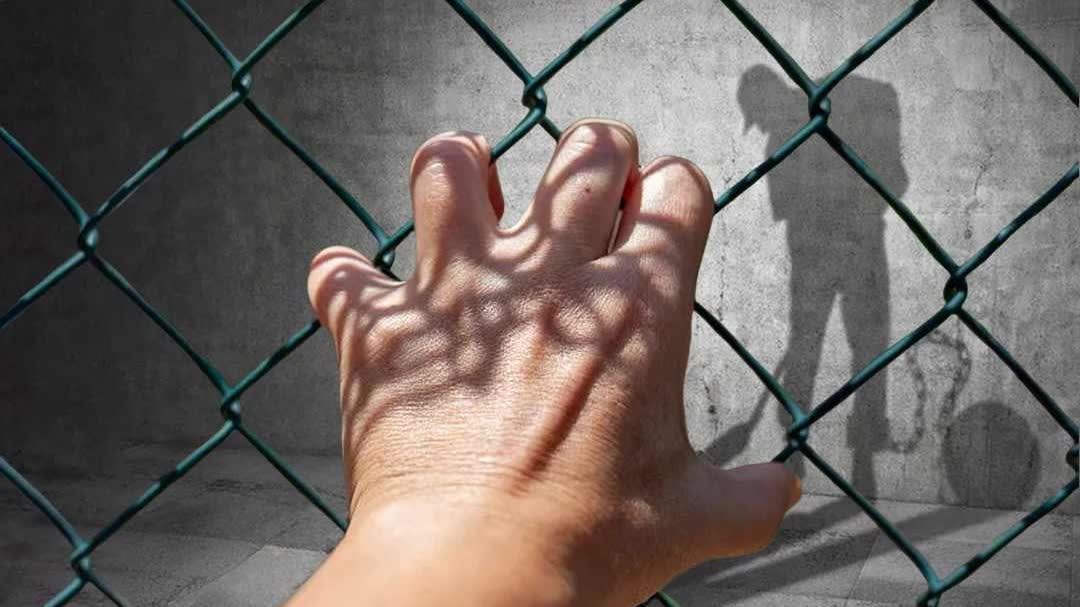"Informed AI News" is an publications aggregation platform, ensuring you only gain the most valuable information, to eliminate information asymmetry and break through the limits of information cocoons. Find out more >>
China Considers Ending Collective Punishment for Relatives of Criminals
- summary
- score

China's legal experts are pushing to end "collective punishment," a practice that bars law-abiding citizens from civil service, university, or military roles if they have a relative who is a convicted criminal. This practice affects an estimated 100 million people, or 1 in 14 Chinese citizens.
Collective punishment isn't explicitly mentioned in China's criminal law but stems from regulations that restrict convicted criminals from certain jobs and require them to disclose their criminal history. Over time, these restrictions have expanded to include family members during "political reviews" for job applications and university admissions.
Legal scholars argue that collective punishment violates the principle that criminal liability should be individual, not familial. Despite this, the practice persists, partly due to its perceived deterrent effect.
Calls for reform include banning collective punishment and regulating the broader set of "collateral consequences" imposed on convicted criminals. Some suggest reviewing the constitutionality of related regulations and encouraging citizens to use the "record and review" system to challenge them.
In essence, collective punishment is a relic that needs modernizing. It punishes the innocent for the sins of the guilty, a concept that should have no place in a fair legal system.
| Scores | Value | Explanation |
|---|---|---|
| Objectivity | 5 | Balanced reporting with comprehensive analysis. |
| Social Impact | 6 | Extensive and in-depth social discussion. |
| Credibility | 5 | Solid evidence from authoritative sources. |
| Potential | 7 | Profound impact on social structures or policies. |
| Practicality | 4 | Highly practical, directly applicable. |
| Entertainment Value | 2 | Slightly monotonous with a few entertaining elements. |